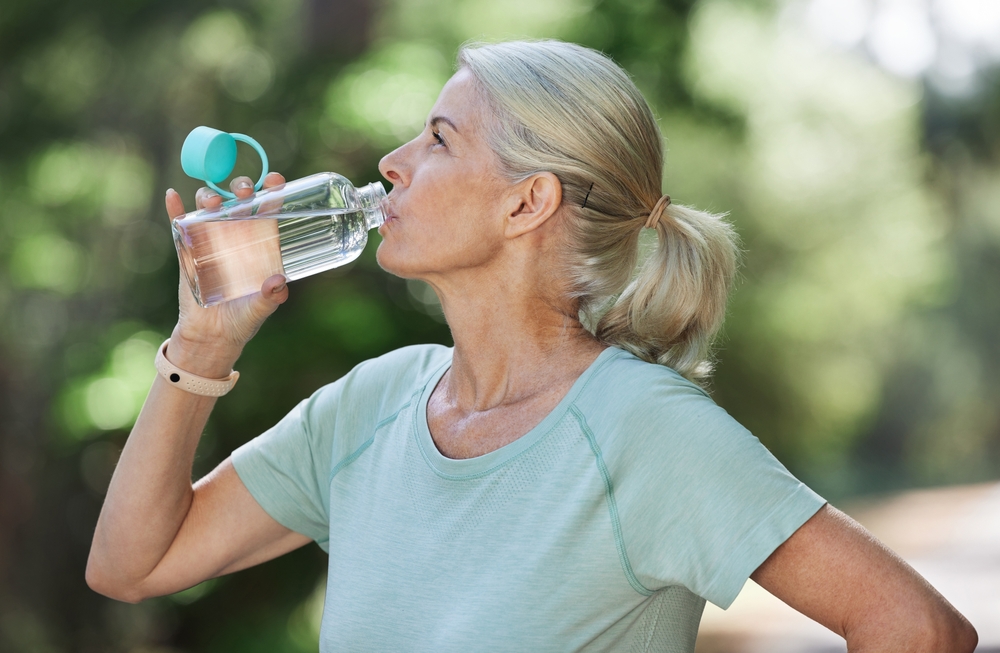Heat-related deaths have been on the rise in recent years, with federal data indicating that approximately 2,302 deaths occurred in 2023, up from 1,722 in 2022. However, other research suggests these numbers might be even higher. A 2020 study published in Environmental Epidemiology found an average of 5,608 deaths attributable to heat each year, while a team of researchers from Duke University estimated that 12,000 Americans die annually from heat-related causes.
Regardless of the exact numbers, the majority of those who succumb to heat are over the age of 50, according to the National Institute on Aging. The increased vulnerability of older adults to heat-related illnesses is tied to the body’s diminishing ability to regulate temperature as it ages. Aaron Bernstein, M.D., explained in an interview with AARP in 2022 that older adults are less capable of dissipating heat due to a natural decline in sweat gland efficiency and the prevalence of chronic health conditions, along with medications that can affect the body’s heat management.
Understanding why heat poses such a significant health risk to older adults is crucial, especially as heat waves become more frequent. When the body cannot cool itself effectively, heat exhaustion can set in, characterized by dizziness, fatigue, and a weak, rapid pulse. If untreated, this can escalate to heatstroke, potentially causing long-term organ damage or death.
Sweating is the primary method humans use to cool down. It’s the process of evaporation that cools the body, as it takes energy, in the form of heat, to convert sweat from liquid to vapor. However, as people age, their sweat glands become less efficient, reducing the amount of sweat produced and its cooling effect. Daniel Van Durme, M.D., highlighted this issue, noting that several medications common among older adults, such as antihistamines, antidepressants, and blood pressure medicines, can further interfere with the body’s ability to sweat and handle heat.
Additionally, the cardiovascular strain caused by heat is a significant concern for older adults. The body releases heat by increasing blood flow to the skin, which requires the heart to pump harder. This increased demand can be particularly dangerous for individuals with preexisting heart conditions. Bernstein pointed out that during heat events, the risk of heart attacks, arrhythmias, and strokes rises, adding another layer of risk for older adults who already have compromised heart health.
As temperatures continue to rise, it is essential for older adults and those caring for them to be vigilant about the dangers of heat. Staying hydrated, avoiding excessive sun exposure, and being aware of the signs of heat-related illnesses are critical steps in preventing heat exhaustion and heatstroke. With proper precautions, the risks associated with extreme heat can be significantly mitigated.


